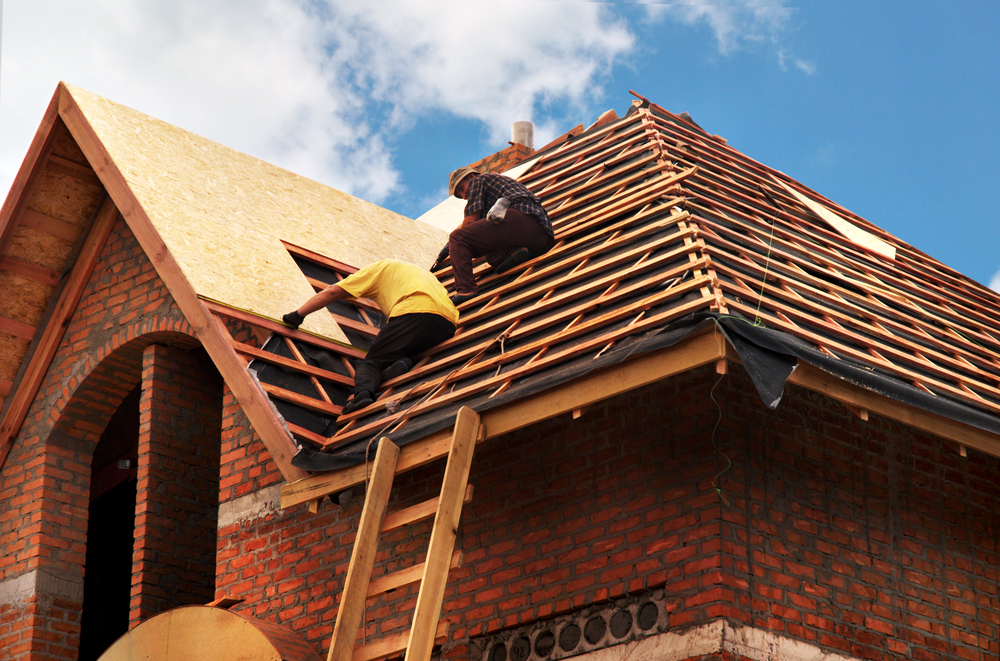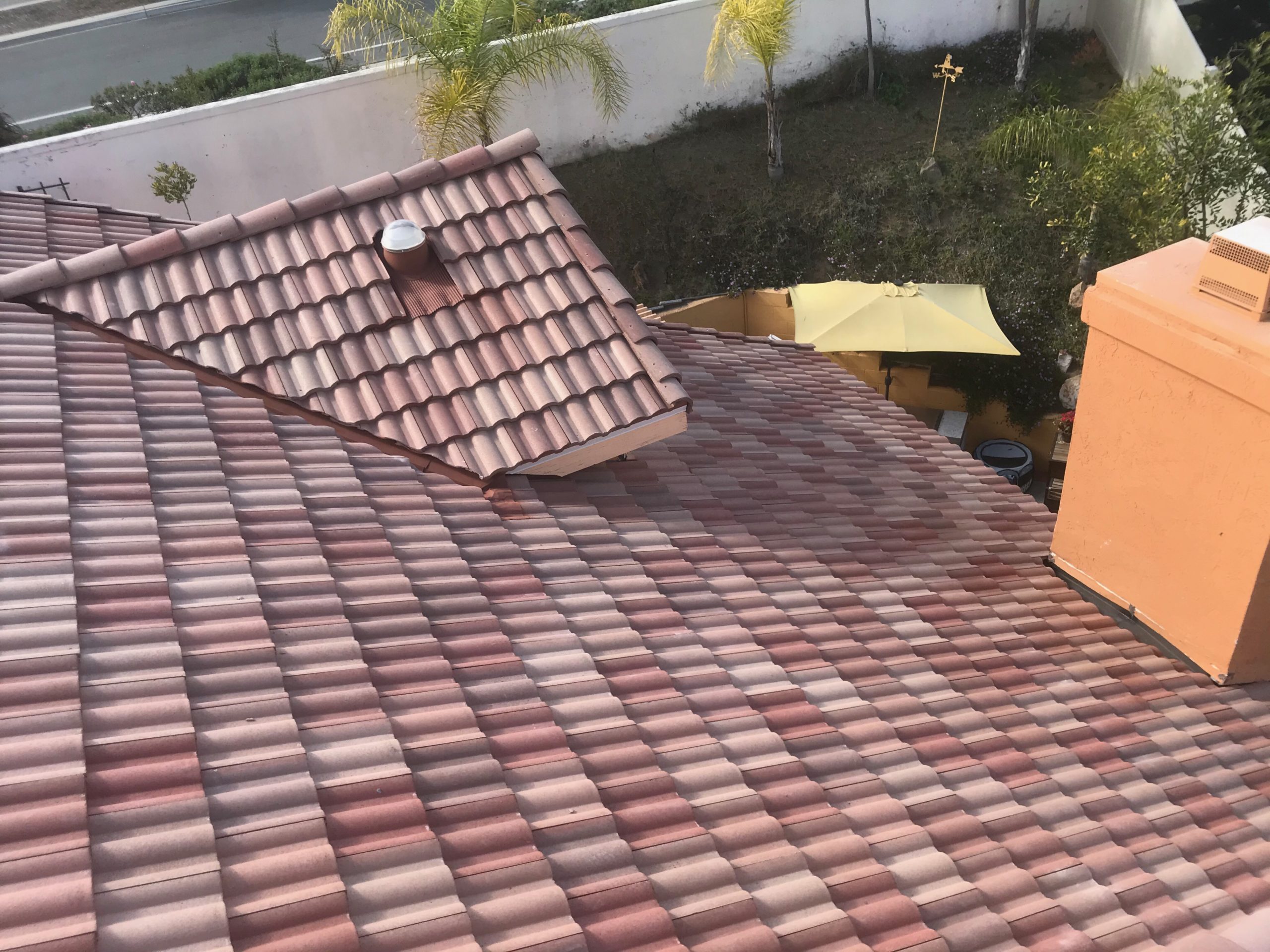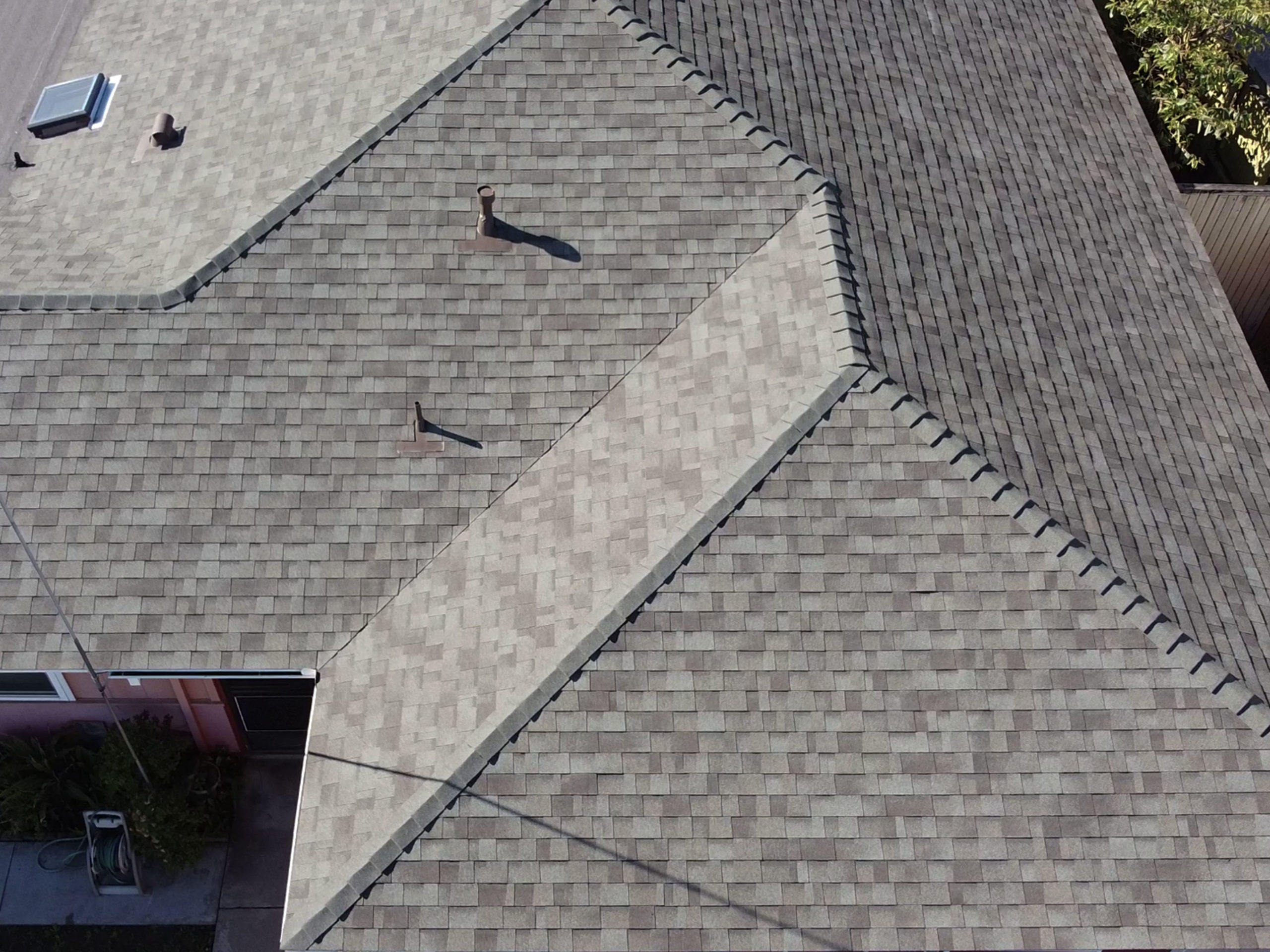What To Ask A Roofing Contractor
The roof is a home’s crown in more ways than one. Depending on the style of roof you have in your home, it will be the first thing that people notice about the property. Even for homes without such a prominent roof, the sturdiness of your roof will factor heavily into how much you enjoy your home and any value you get from it. This is why knowing what to ask a roofing contractor and picking the right one to work with is vital.
The contractor is responsible for upgrading or maintaining the quality of your roof and how best it protects your home in every kind of weather. Where they can bring the right skills and experience to your installation, they will be vital to helping you secure a good return on your roofing investment,
But how do you determine when you have the right roofing contractor? Consider asking these questions to unpick their skills, expertise, and whether they’re the right choice for your roof.
#1. Are You connected with a Manufacturer?
Quite a lot of roofing shingle manufacturers have key programs they use in qualifying participants who were trained on their products and how to install them. If the roofing contractor you pick is associated with a manufacturer, they may have a good knowledge of how to install that company’s product, which will give you the desired quality roof.
#2. Do you have Insurance?
This is another valid question that will put you at arm’s length should in case the roofer gets involved in an accident while working on your property. The insurance isn’t just to cover for their company but also for you as well. If your roofer has no insurance, this can pose a danger to you because you will be held liable for any accident sustained on your property.
Roofers are expected to have a valid general liability and workers’ compensation insurance at least. You should be sure to check on their insurance policies, make sure that it is still valid before letting them commence their duty.
#3. Have you got a license?
It is best that you know this and saves yourself any future embarrassment. Roofers in America are meant to have their license. You can look up your province or state for their roofing license. Don’t dwell on a mere word.
#4. Do you have a Permanent Address?
You need to be sure that you’re dealing with the right roofer whose business does exist and not some con artist who will disappear once through with the job, leaving you with no means to contact or locate them in the future once there’s an issue with their work. If you have doubts about the address you’re given, you can look it up on Google and see if it has the company’s logo or probably a warehouse for roofing material storage.
#5. Do you have pictures of your previous work on your website?
Having to see photos of the before and after images of roofs, especially when you do not know much about roofing, gives you an insight into the kind of work your roofer does and how transparent they are with their work. Someone confident and a professional in this field will be proud to share photos on different platforms for people to see.
#6. What is your Specialty?
Not all roofers specialize in one craft. Some can have a specialty in installing skylights. This is helpful for someone whose roof is complex or needs a roofer who specializes in something spectacular.
#7. Do you use a complete, matching system of roof components?
Roofs aren’t just some shingles nailed to plywood. It has various components that are all designed to work together. Make sure that all the products are from a certain company and not from different companies just to cut down on their prices, as this may complicate some elements during installation. You should note that the products prescribed by the building code in your city or state are what is used by your roofer.
#8. What’s the process for a re-roofing job?
You may not know what re-roofing a job entails but asking your roofer for a clear process will help you understand it. He or she will break down the process for you in a clear and concise term to better understand what to expect.
#9. Does my Roofing work require a Building Permit?
You may likely be fined by permit offices for attempting to complete work without a permit, even though it meets with the building codes. Your roofer should get a permit for you if required before starting the job. Your roofer shouldn’t rely on you for it as they must work with the local permit office for a better experience.
#10. Will you check the condition of my Decking?
Your roofer should check the condition of your decking before carrying on with the shingles. It might be damaged or require a replacement. This should help with the quote when presented to you. You will likely know how much it costs to replace your decking with a new one.
#11. How will you handle my Skylights?
Skylights are one of the most challenging parts of the roof. You should be compelled to ask your roofer about your skylights and how best to handle them as different roofers have a different opinion of them. Your mind should be at ease knowing how your roofer will treat your skylight and its flashing, as this is where most homeowners struggle with roof leaks after a new installation.
#12. What Valley will you use?
This is another key area that is vulnerable to leaks because it is the area where water gathers when it rains. This can occur due to improper installation. Since valleys have changed over the years, a recommended approach will depend on the construction of your home and the region where you live. Be sure to ask your contractor the method to use and how it will work.
#13. How will you cap the Ridge Vents?
This is a part of the roof that endures the greatest wind share. Roofs with vents on the ridge allow for proper breathing and prevent moisture from building up in the attic. This is why ridge cap shingles are required for a faster and cleaner installation.
#14. How far will the Shingles extend over the edge?
A starter shingle should be by ¼ inch to ¾ inch. This allows water to fall off the shingle and into your gutter instead of some remainder moving back up to the underside to soak into the roof deck.
#15. What type of Flashing do you Recommend?
Flashing is very important as it is your primary defense against water intrusion. You should know from your roofer the type of flashing that is required of your roof based on your home’s siding material and wind exposure.
#16. How will you Seal off the Pipe Boot?
This is another area of concern as most pipe boot manufacturers do not offer any warranty for that. Your pipe boot should be sealed with ice and a water protector installed around them. If this is not done properly it may lead to serious damage.
What to look for in a roofer?
When you get to choose a roofer it will be best to look out for these qualities. It will help you know the kind of person your roofer is. They are:
- Professionalism
- Friendliness
- Honesty
- Confidence
- Limited warranty
Conclusion
When looking out for a roofing contractor, you should learn how much experience they’ve got on the job. You need a long-term roofing investment and not something short-term. It is also advisable that you look out for reviews about their services or ask the person who gave the reference. They are in the best position to tell you what you need to know.
When you take the time to find the right roofing contractor you can elevate the appearance of your home, increase its curb appeal, and add to the overall value of your property.
If you’re looking for a roofing company in San Diego to provide the best quality materials, warranties, and service. Call GBC today for a free estimate!





